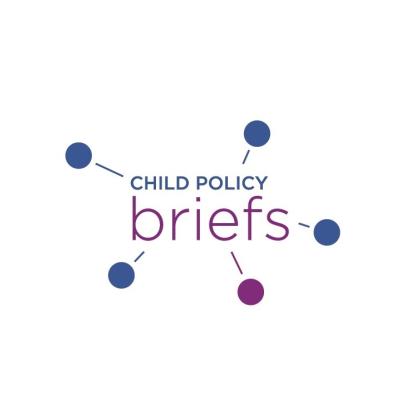Global Early Childhood Development Programs
A summary of the scientific literature on early childhood development programs on a global scale.


How This Impacts Children's Development
As of 2011, a quarter of the world’s youngest children suffer one or more forms of severe deprivation and risk, such as poverty, disease, and exposure to violence. Effective early childhood development (ECD) programs can mitigate the developmental risks that millions of children face due to extreme poverty or stunting. In addition, research on child development in developing countries is important in informing our broader understanding of child development and improving the lives of children in those countries.
READ THE BRIEF: CHILD DEVELOPMENT IN DEVELOPING COUNTRIES, 2012
READ THE BRIEF: Early Childhood Development Programs in Global Contexts: Improving Quality, 2011
Talking Points from the SRCD Briefs
|
Policy Considerations in the Briefs
- Improve research and evaluation capacity by building partnerships among researchers, policymakers, and practitioners, creating systems for ongoing data collection on program quality to inform decisions, and disseminating information on effective approaches to improving quality.
- Promote an ECD program quality framework that considers systems and settings, focuses on a broader range of recipients, and incorporates cross-cutting dimensions of program quality.
- Encourage efforts to accurately record and track quality data should occur at national, subnational, and municipal or local levels to move beyond simply authorizing spending to create indicators of implementation quality at scale.
- Emerging evidence shows that programs that support parental education and/or family income (such as Conditional Cash Transfers (CCTs)) support the progression of children in developing countries.
READ THE BRIEF: CHILD DEVELOPMENT IN DEVELOPING COUNTRIES, 2012
READ THE BRIEF: Early Childhood Development Programs in Global Contexts: Improving Quality, 2011